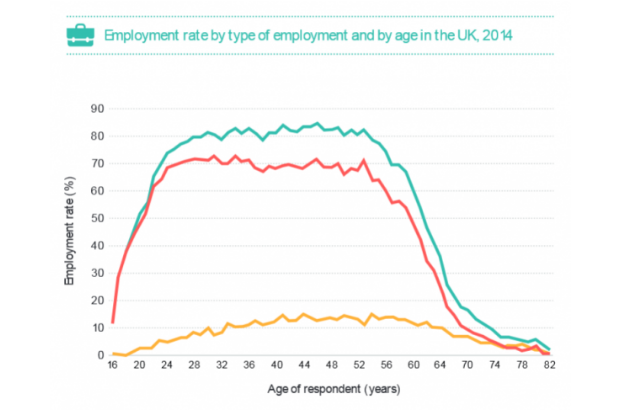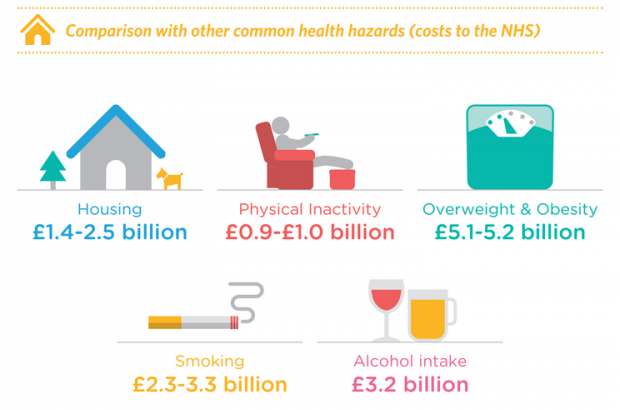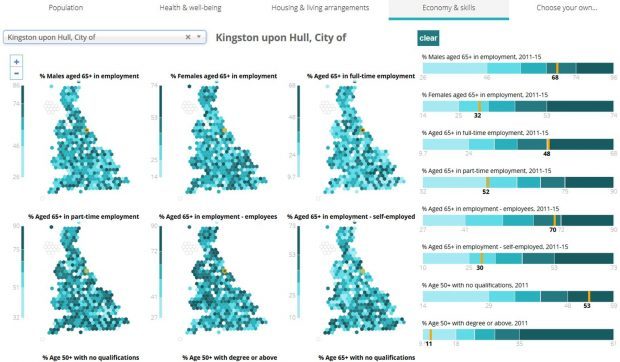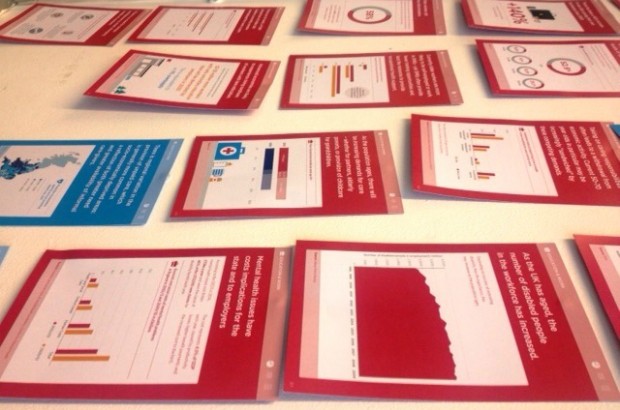This blog is now closed
This blog is now closed
We've published the final outputs of our Future of an Ageing Population project and will no longer be updating this blog.
We've published the final outputs of our Future of an Ageing Population project and will no longer be updating this blog.

Use our workshop materials to understand how population ageing will impact your area of interest.

Our working lives are becoming longer as the UK population ages.

How Foresight data has found its way into a national design museum.

How an evidence ‘safari’ helped us to think about the policy issues facing the ageing Scottish population.

Seven facts that explain why housing will be critical for the ageing UK population.

People in the UK are living longer than ever - a major achievement of modern science and healthcare.

The UK is in the midst of significant changes to our population. Foresight recently worked with Policy Lab and Central Saint Martins to investigate how design can help an ageing population.

By Anna Dixon, CEO, Centre for Ageing Better. The UK population is ageing. More of us are living longer than ever before and the proportion of the population aged 65 years and older is growing as the baby boomers age.
The Future of an Ageing Population team has worked with academics for over a year collecting together 200,000 words of evidence for what an ageing population in 2040 might look and feel like.

Some of the big drivers of population change seem immovable in their trajectories and prominent in their profile. Yet deeper analysis reveals a world of complexity just below the surface.
Recent Comments